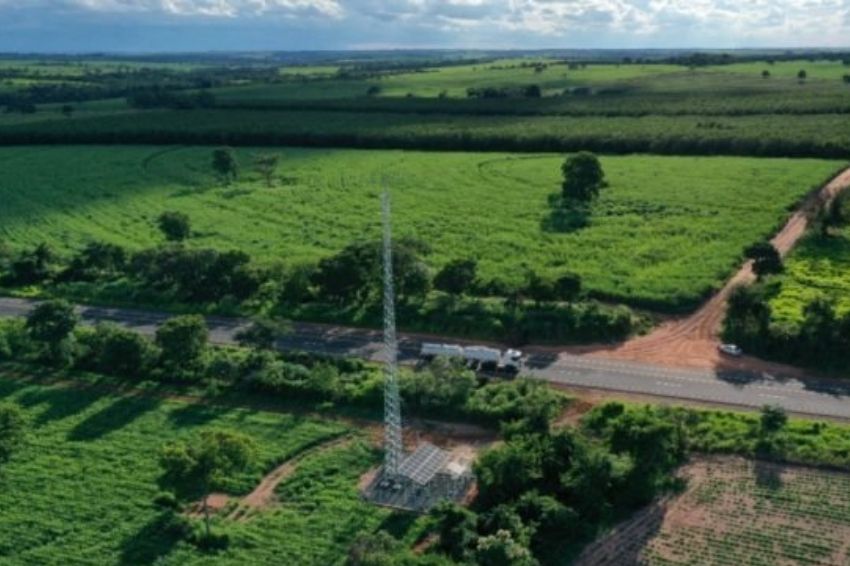TIM announced this week the launch of an ambitious project that aims to bring 4G internet coverage to all Brazilian municipalities by 2023, including highways and districts. For this, simplified structures will be used, which rely on grid power via solar panels.
Named “SkyCoverage”, the initiative values sustainable actions, such as the use of renewable energy, to take the fourth generation network to areas that do not have an internet or telephone signal. Currently, the company offers mobile network service to 4,121 of the 5,570 cities that make up the national territory.
In a press release, the company highlighted that it has already started installing some antennas in remote parts of Brazil at the beginning of this year and that it is prioritizing off-grid solutions, that is, those that do not depend on the electrical grid for operation.
“Each project site has its own solar energy generation with photovoltaic panels and also uses lithium batteries, which guarantee complete autonomy and more capacity for charge and discharge cycles, resulting in a longer useful life of the equipment. In this way, the operator guarantees greater 4G coverage with simplified infrastructure, low environmental impact and lower cost”, informs Tim.
In February this year, the first two off-grid systems were installed and activated in São Paulo. The first, in Presidente Bernardes, provides coverage for part of the Castelo Branco Highway (BR-374), in the stretch between the cities of Presidente Prudente and Presidente Venceslau. The second, in General Salgado, 80 kilometers from Araçatuba, serves the Doutor Elyeser Magalhães Highway (SP-463).
In addition to them, other systems are also being implemented in other Brazilian states. “By bringing 4G coverage to more distant areas in just two years, we are not only helping Brazil in the issue of digital inclusion, but also activating the economic and social potential of these regions, whether to increase productivity or to encourage education”, said Leonardo Capdeville, technical director of the company in Brazil.

















